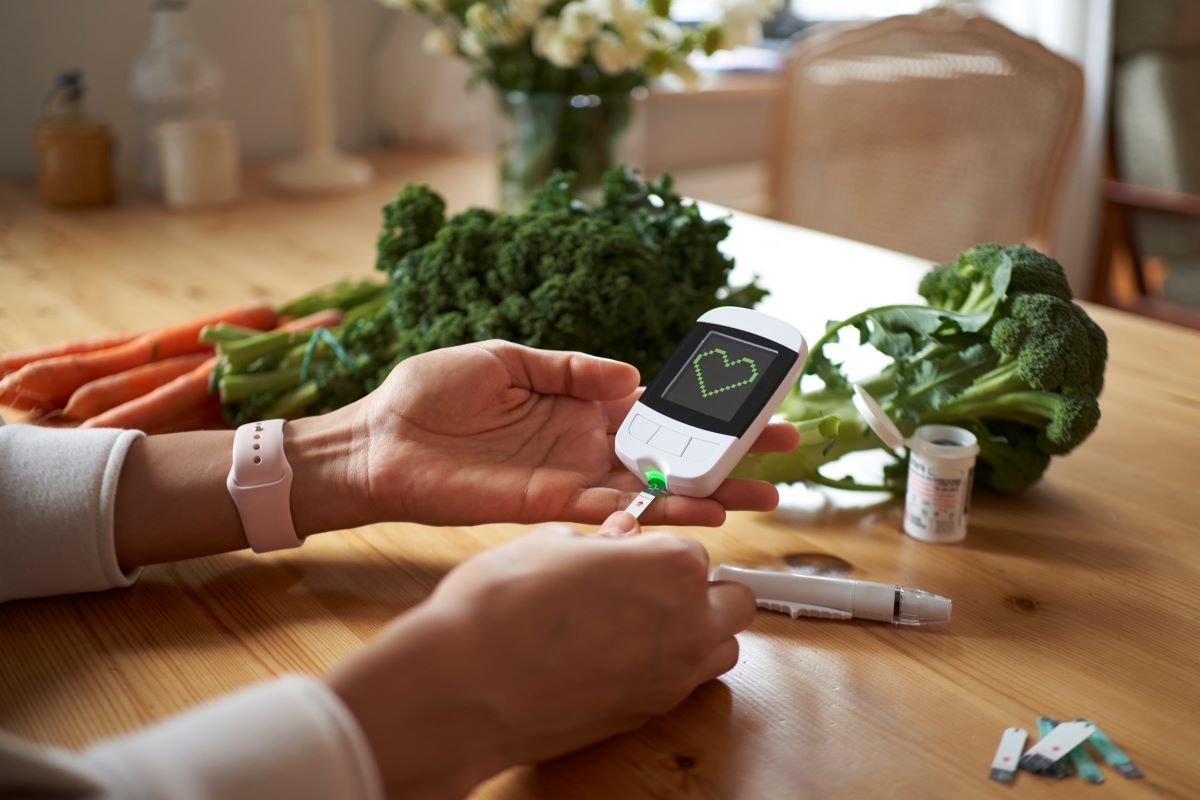Penn State Health diabetes specialist: Make ‘personal choice’ to address health equity

Deciding to take the journey is almost as important as the journey itself.
That’s the advice of Christie Gehman, a Penn State Health registered dietitian and certified diabetes care and education specialist who wanted to learn how potential inequities in care and access to diabetes technology could significantly affect health outcomes for minorities.
Serving the community at Penn State Health Lime Spring Outpatient Center, Gehman began her effort by educating herself on research about disparities in diabetes care, the potential for personal bias to affect access and recommendations to improve the availability of diabetes technology for all patients. Additional factors that can affect equal access to health care technology include financial resources, environment, food access, area of residence, social networks, legal status and education.
Her efforts helped her to focus on ways to address inequality in diabetes treatment and education and to share her journey with others.
Unearthing hidden biases
“When I talk with my team members and other clinicians and educators, I discuss my own decision to look at issues with access to diabetes education and technology,” Gehman said. “Sharing that with others opens people up to thinking about their own potential bias. It also shows how important it is to make a personal choice to explore this decision.”
That type of communication involves commitment to learning, self-reflection and honesty. “You need to give yourself time to do this, not only to think through potential personal biases, but also to dedicate the time necessary to work with patients who don’t speak English as a first language or who, because of their culture, may take time to make decisions as a family unit,” Gehman said.
Three steps are important to improve “techquity,” which refers to equitable access to medical technology for patients of all backgrounds, races and cultures. The first step, she said, is educating health care employees and communities about the potential for inequities in access to technology and making a conscious choice to be honest with oneself about bias.
Opening up to other viewpoints
“The second step is to acknowledge the experiences of others,” Gehman said. “We tend to view things through our own experiences, our own filters. We have to be open to listening to those from different backgrounds, who may see our care or the way we treat patients as quite different from their own experiences.”
Finally, the journey includes advocacy. Teams should commit to addressing potential inequities, talking through scenarios that help them understand one another and their patients of different cultures and taking time to practice these skills, she said.
Breaking down health care barriers
Gehman’s recommendations dovetail with those promoted by the Association of Diabetes Care & Education Specialists, including:
- Maximizing the use of diabetes technology for all patients
- Offering education about payment and health access for the devices
- Screening for barriers at-risk individuals may face
- Participating in training about bias of all types
- Sharing stories of inequities and efforts to address them with other clinicians and those who make decisions related to health care.
The association, she said, asks members to raise awareness of these issues and help unmask any barriers or discrimination to effective self-care.
Gehman lauds Penn State Health’s efforts to address health care inequities. “I appreciate the opportunity Penn State Health has provided to me to learn about diversity and grow in my awareness. I am grateful to work with a team that strives for self-awareness and to serve all patients with compassion,” she said.
If you're having trouble accessing this content, or would like it in another format, please email Penn State Health Marketing & Communications.
